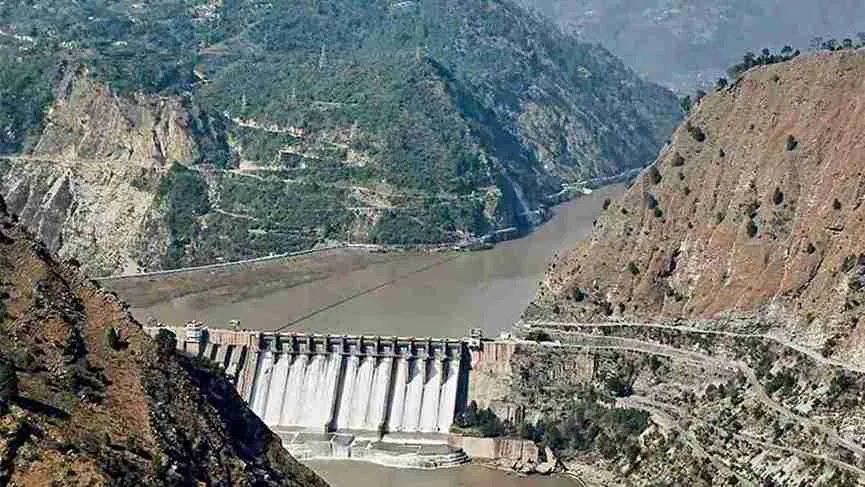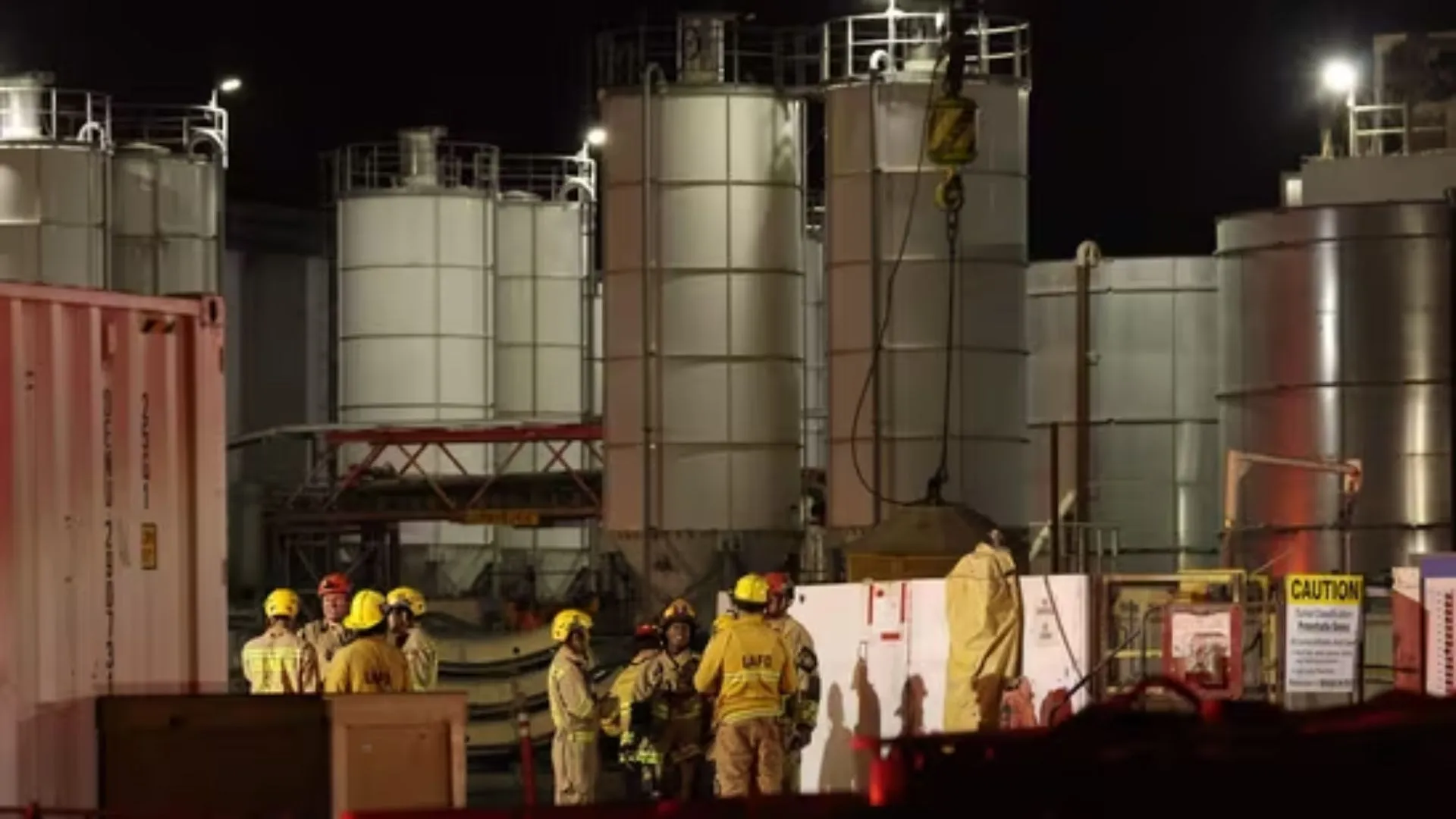Pakistan has appealed to India to reconsider its decision to suspend the Indus Water Treaty, citing the reliance of millions of people on the regulated water supply. The treaty, originally signed in 1960, had governed the distribution of water from the Indus River system between the two countries.
This request came via a letter from Syed Ali Murtaza, Secretary of Pakistan’s Ministry of Water Resources, to Debashree Mukherjee, Secretary of India’s Jal Shakti Ministry. Murtaza described India’s move as “unilateral and illegal,” equating it to “an attack on the people of Pakistan and its economy.”
Treaty Suspension Followed Terror Attack in Pahalgam
India put the treaty into abeyance shortly after the Pahalgam terror attack, which killed 26 tourists. Investigations revealed that two of the terrorists were Pakistani nationals affiliated with Lashkar-e-Taiba. This prompted India to implement heightened security measures and initiate Operation Sindoor, precision strikes on nine terror camps in Pakistan from May 7, leading to a three-day military escalation.
While the diplomatic fallout from Operation Sindoor continues, sources told The Times of India that Pakistan’s appeal was likely sent during the operation. However, India has not officially responded to the letter.
India Holds Its Ground
According to Indian government sources, the cabinet committee on security’s decision on April 23 to suspend the treaty remains unchanged. Referring to PM Modi’s earlier stance, one source noted, “Blood and water cannot flow together.”
India also rejected Pakistan’s claim that the suspension was illegal. Officials emphasized that the treaty was based on goodwill, despite being “flawed and loaded against India.” One senior source stated, “Pakistan’s refusal to rein in the terrorists has knocked the very premise underpinning the treaty.”
Water Crisis Worsens in Pakistan
As the sowing season begins, Pakistan is already grappling with an irregular water flow. India recently flushed and distilled reservoirs of the Baglihar and Salal hydropower projects on the Chenab River in Jammu and Kashmir, which caused fluctuating water levels downstream. The disruption has impacted Pakistani farmers who are preparing their fields for cultivation.
Despite growing pressure from across the border, New Delhi appears firm in its stance to link water cooperation with national security, as tensions with Pakistan continue to escalate.






















